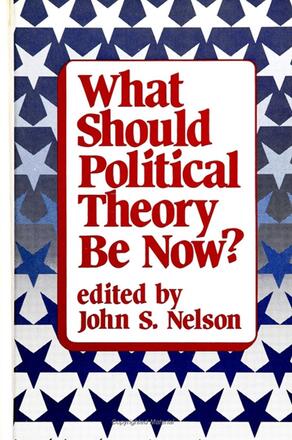
What Should Political Theory Be Now?
Alternative formats available from:
Description
Confronted with the alienation of political theory from the practice of politics, prominent theorists respond in this book to the growing question: What should political theory be now? New and original contributions by such thinkers as Charles Anderson, John Gunnell, Terence Ball, Paul Kress, Ira Strauber, and William Connolly analyze the current malaise in the field and offer remedies for it. Each contribution is at once an argument about what is to be done in political theory and an exemplar of how to do it.
Spurred by the Shambaugh Conference on Political Theory, this cross-disciplinary effort addresses two major issues: What is the proper stance for theorizing about politics? What are the priority projects for current political theory? The contributions encompass many of the major themes concerning political theorists today, including criticism as a project for current political theory, dangers in the latter-day disengagement of political theory from politics, theorists' perplexity within and about history, issues of reason, and the relationships among science, theory, and politics. The viewpoints presented are diverse, yet the contributors to this volume are typical of political theorists generally. Almost all share inklings of actual or incipient disasters reaching from politics into theory and vice versa.
John S. Nelson is associate professor of political science at the University of Iowa. He has published widely on contemporary issues in political science and political theory.